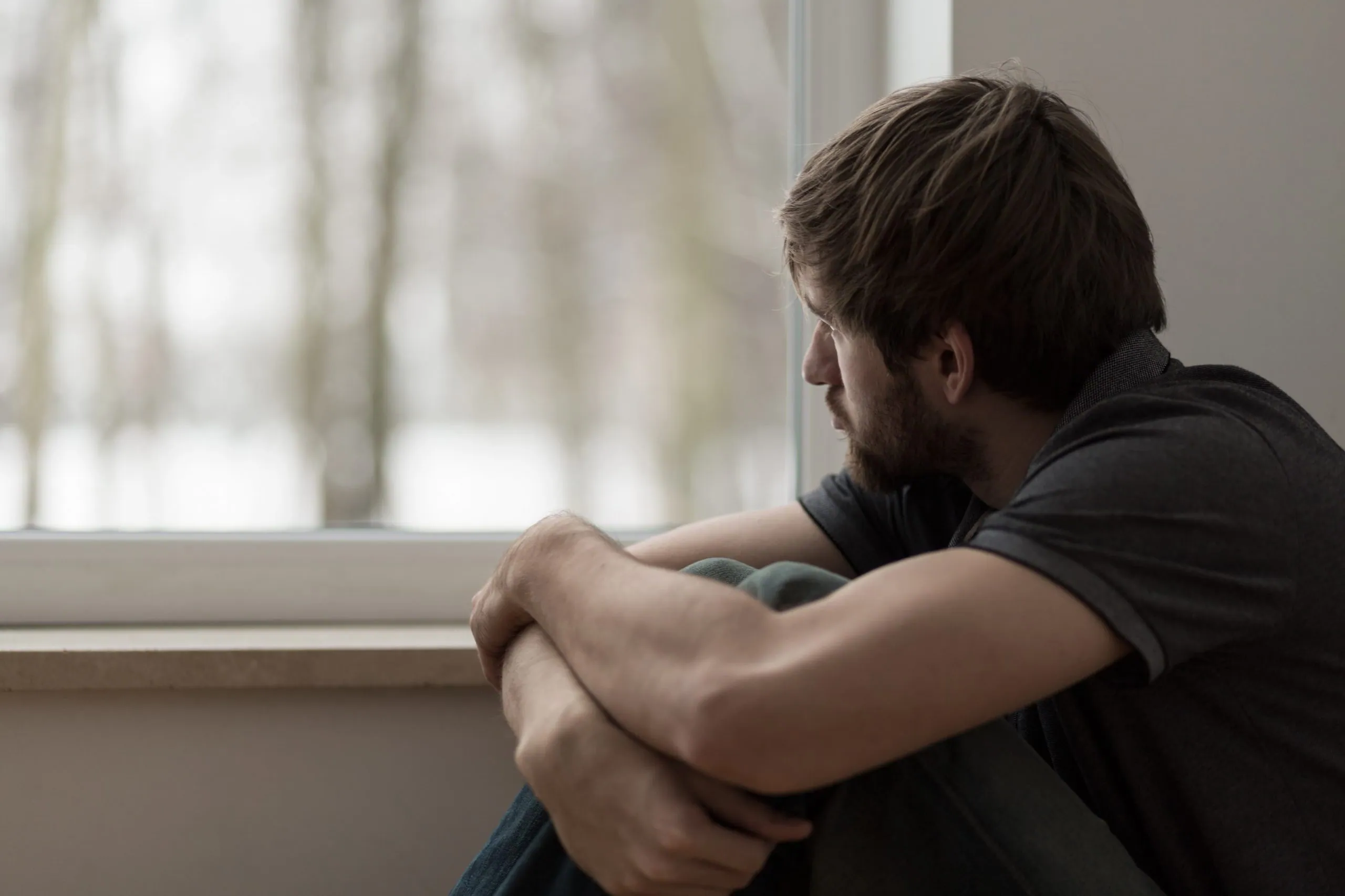

Recognizing Drug Overdose Symptoms: A Comprehensive Guide
Immediate Steps for Responding to an Overdose in Florida
If you or someone you know has a substance abuse disorder, identifying the signs of an overdose could be lifesaving. Drug overdoses from both illicit and prescription substances have risen drastically in recent years, with over 106,000 overdose-related deaths reported in 2021. Therefore, educating yourself about the risks of overdoses is more important than ever.
So, what are the signs of an overdose? This guide can help you increase your awareness of overdose symptoms and what to do if you recognize the signs in a loved one.

A drug overdose happens when a person takes a toxic quantity of a particular drug or medication. It can also occur due to taking unsafe combinations of drugs.
Opioids, such as methadone and fentanyl, cause the greatest number of drug overdose deaths. Other drugs that commonly cause overdoses include cocaine, methamphetamines, and ecstasy. However, not all overdoses are caused by illegal substances. Over-the-counter medications like acetaminophen and dextromethorphan (an opioid cough suppressant found in many cough remedies) can cause an overdose if you take more than the recommended amount.
Certain factors can increase a person’s risk of an overdose. Mixing two or more substances often makes an overdose more likely, and people with a history of overdoses have a higher risk of overdosing again.
Furthermore, starting using drugs again after a period of abstinence or using less can reduce a person’s tolerance to the substance. This reduced tolerance creates a risk of overdose when they return to using their usual amount. For example, drug overdoses are more common after a hospital stay or jail sentence.
Certain health conditions can also increase the chances of a drug overdose. These include:
-
- Heart problems
- Hepatitis C
- HIV
- Dehydration
- Compromised immune system
- Infection
- Sleep deprivation

Knowing the signs of an overdose can help you spot the symptoms in a loved one and get them the medical attention they need. People experiencing a drug overdose often don’t display all these symptoms simultaneously. Therefore, it’s safest to seek assistance even if the person only experiences a few of the following symptoms.
Changes in vital signs
Overdosing on certain drugs can cause an abnormally fast heart rate, leading to increased blood pressure. Conversely, other substances can lower the heart rate and cause low blood pressure. Heart rate and blood pressure changes often lead to unusually rapid, shallow, or slow breathing.
Unconsciousness or altered mental state
A person experiencing a drug overdose may appear unusually drowsy or confused. If they’re asleep, you may find it difficult to wake them up. Many people show signs of intoxication, such as slurred speech or poor coordination.
Skin and body temperature changes
Changes in a person’s circulation can alter the appearance of their skin during a drug overdose. For example, their skin may have a bluish tinge or look unusually pale. Drug overdoses can also cause changes in body temperature and lead to excessive sweating or clammy skin.
Vomiting and nausea
Most types of drug overdoses can cause vomiting and nausea. This includes overdosing on over-the-counter or prescription medications.

Drug overdoses often cause behavioral changes alongside physical symptoms. Here are some other signs of an overdose to be aware of.
Changes in Behavior and Mood
You may notice your loved one’s behavior change while experiencing a drug overdose. Some substances cause people to become restless and agitated, while others may lead to sleepiness and lethargy. Sometimes, overdoses cause more pronounced behavioral changes, such as hallucinations, delusions, or aggression.
Social Isolation or Withdrawal
Overdosing on drugs can cause people to suddenly withdraw from their usual social interactions or appear unaware of the people around them. They may neglect their everyday responsibilities, such as attending work or school or caring for their children.
Paraphernalia and Drug-Related Items
A common sign of concerning drug use or a potential overdose is the presence of drug paraphernalia. This includes items used to hide, measure, or use illegal drugs. Examples of drug paraphernalia to look out for include:
-
- Metal, glass, plastic, or ceramic pipes
- Small spoons
- Bongs
- Syringes
- Postage scales

The signs of an overdose depend on the substance type. Understanding the symptoms caused by different drugs can help you identify warning signs in someone you know.
Opioid Overdoses
People experiencing an opioid overdose often have unusually small pupils, often called “pinpoint pupils.” Abusing opioids often causes sedation, leading to slurred speech and drowsiness.
Respiratory depression is one of the main dangers of misusing opioids. Opioids affect the neurons in the brain controlling respiration and cause slow, shallow breathing. Taking opioids with alcohol, sedatives, or other illicit drugs increases the risk of respiratory depression.
Stimulant Overdoses
Stimulant overdoses caused by abusing drugs such as cocaine or methamphetamine cause very different symptoms from an opioid overdose. Most people experiencing a stimulant overdose stay conscious and experience potentially dangerous increases in their body temperatures. Other common symptoms include a rapid heart rate, agitation, and paranoia.
Depressant Overdoses
Central nervous system depressants include substances such as diazepam (Valium) and lorazepam (Ativan). Abusing these medications typically causes abnormally slow breathing. The person may appear confused with slurred speech or coordination issues. Many people who overdose on depressants become unconscious.

Witnessing someone you care about experiencing a drug overdose can be frightening, but knowing how to help enables you to approach the situation with confidence. Acting quickly to get medical assistance can save their life.
First, call 911 immediately and tell the operator you suspect the person has taken an overdose. Let the operator know if the person isn’t breathing and tell them your precise location. If you know which drugs the person took, telling the emergency responders can help them provide the most appropriate treatment.
While waiting for the emergency services, stay with the person and monitor their condition. Administering naloxone (Narcan) can help reverse the effects of an opioid overdose. If you’re worried about opioid misuse in yourself or someone you know, you can access free naloxone through your health care provider, pharmacy, or local harm prevention program.
Giving the person CPR can support their breathing until the emergency services arrive. If you don’t have CPR training, 911 dispatchers can usually guide you through the steps over the phone.

Educating yourself and your loved ones about the risk of drug misuse can help reduce the risk of overdoses. Developing your awareness of the signs of an overdose or drug abuse allows you to respond appropriately and get the help and support your loved one needs to recover.
Disposing of drugs safely prevents them from being misused. You can dispose of unused controlled substances at your nearest public disposal location.
If you or someone you know abuses drugs, ensure they understand the dangers of mixing substances. Certain combinations, such as opioids with alcohol or benzodiazepines, significantly increase the risk of an overdose.
You don’t have to face coping with addiction alone. Seeking help from a specialized addiction treatment center can provide the support you need to recover from a substance abuse disorder. Beachway offers detox, inpatient, and outpatient treatment programs to help people with addictions and their loved ones.

Recovery from substance abuse disorders is possible with a personalized approach and expert support. If you’re worried about substance misuse in yourself or someone you care for, the team at Beachway can provide treatment options to suit your unique needs. Call our knowledgeable team at 877-861-3726 or complete our online contact form for confidential support.


